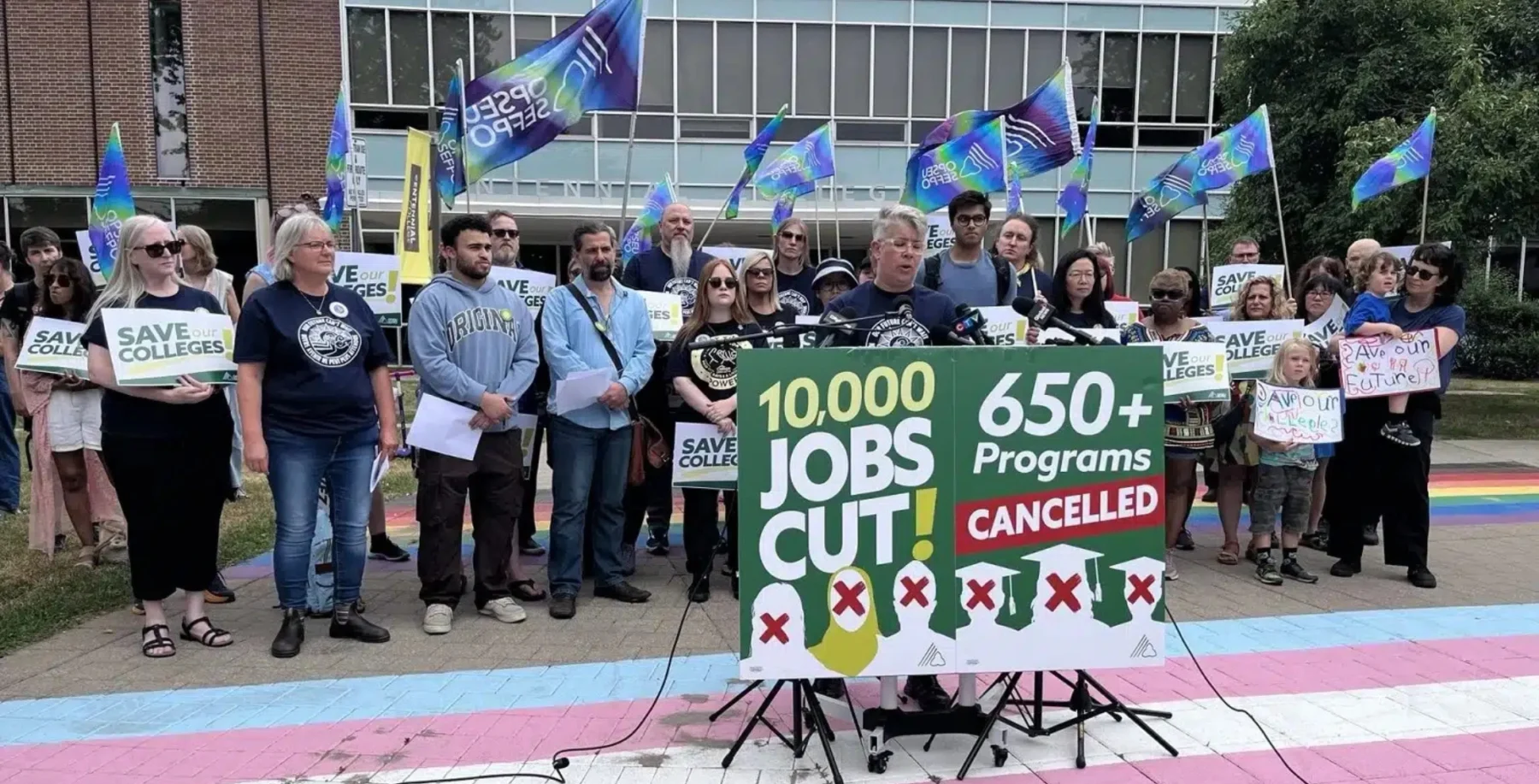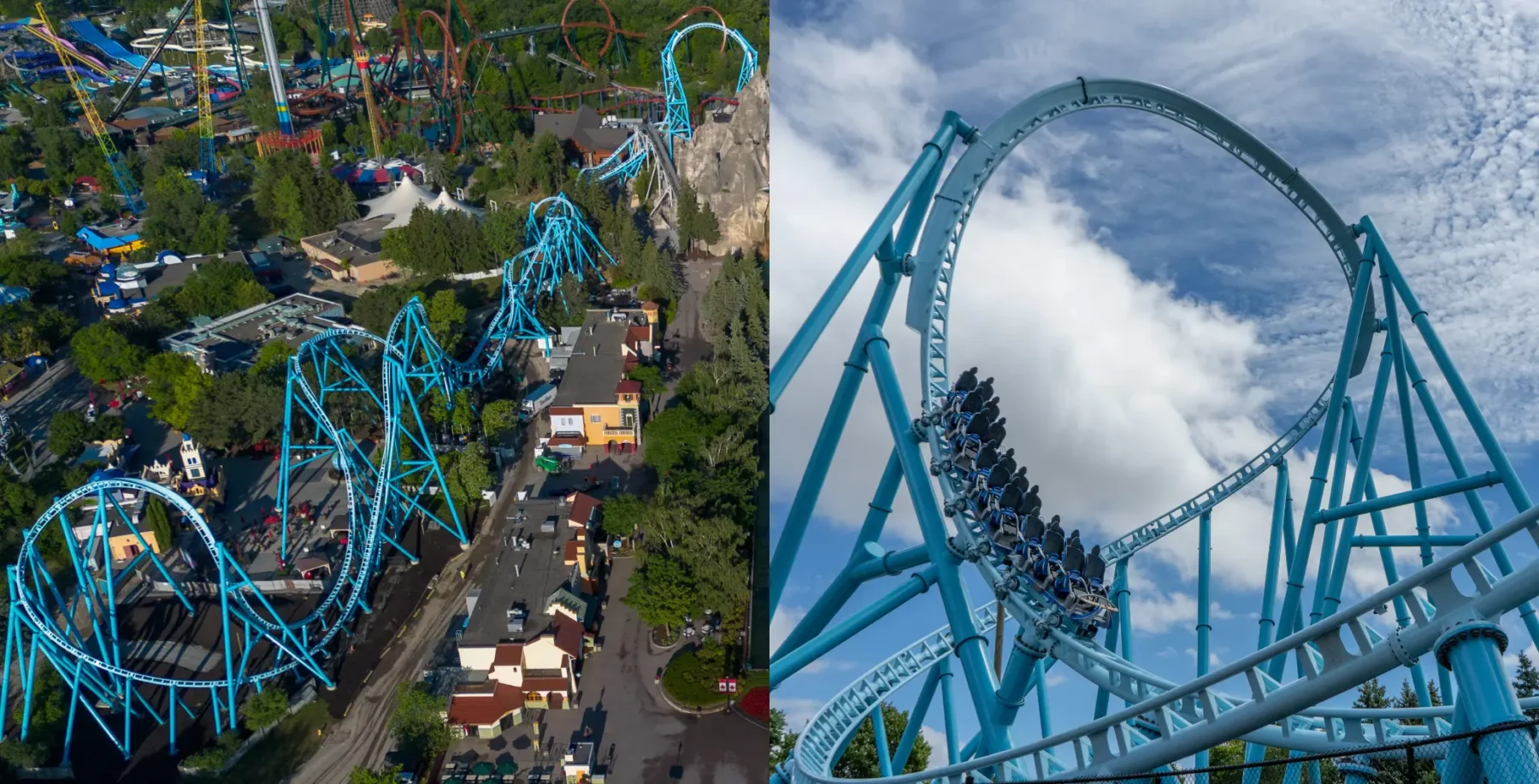
When you love video games as much as Toronto’s Jim Guthrie, scoring an app is a perfectly natural next step.
His already formidable music career includes acclaimed solo work and stints in Islands and Royal City – the Toronto band that Arcade Fire shouted-out during Sunday’s Juno broadcast. He also co-founded Three Gut Records and penned that ubiquitous Capital One jingle Hands In My Pocket.
But over the last few years, Guthrie’s poured much of his time and energy into creating music for Superbrothers: Sword & Sworcery – EP, an elegant, fantastical video game that finds a female warrior monk travelling through a dangerous land in search of The Megatome, a sacred relic protected by a deathless spectre known as The Gogolithic Mass. The music draws from John Carpenter horror flicks, Ennio Morricone scores and vintage and modern gaming music. As Guthrie says, “Pretty trippy, huh?”
Currently available for iPads (and tearing up the charts since it launched last week), Sword & Sworcery iPhone and iPod versions will be available throughout April. As for Guthrie’s gorgeous and haunting score, well, the ambitious musician has turned it into an album, Sword & Sworcery LP: The Ballad Of The Space Babies, available digitally and on vinyl Tuesday (April 5) through iTunes and Bandcamp. Watch for an album release show in late June.
The ridiculously busy Guthrie found time to talk to NOW about this exciting project.
How did your involvement with Sword & Sworcery come about?
Back in the Three Gut Records days – 2003-ish – we were getting a lot of mail from bands and artists. One of the things that totally jumped out at me was a postcard with pixel art by Superbrothers, aka Craig D Adams. I immediately got in touch with him and sent him a bunch of instrumental Playstation music that I was working on. He animated some pixels around one of those tunes and I absolutely loved it. We stayed in touch. Then about two years ago indie game company Capybara Games got in touch with Craig about working on something together. Craig reached out to me to do the music and needless to say I was pretty pumped.
How closely did you work with Adams and Capybara in building the actual game?
Super close. The core team consisted of me doing music and sound design, Craig doing art and concept (with a ton of sound design as well), Kris Piotrowski as creative director on all fronts, and two coders, Jon Maur and Frankie Leung. Our influence on one another is, I believe, the game’s biggest asset. I don’t know how to code but I learned a little about what it takes to make a game. It’s so much harder than making an album. The Playstation music I sent Craig years ago hugely informed the game’s early stages of development and we actually used a few of those compositions. As Craig and Kris added more ideas to the pot I made more music inspired by those ideas and Jon and Frankie stitched it all together with 1s and 0s. Toward the end Capy’s own Sean Lorhrisch swooped in to smooth out all the audio levels and add extra SFX.
Writing music for a video game must be quite a departure from writing an album. How did you approach it?
The name of the app is Superbrothers: Sword & Sworcery – EP because we always intended for the music to be a core element of the game experience. It’s an album you can “walk through.” Because of that I wrote the music with an album in mind. With Craig’s art and my early tracks we always had the mood figured out. That was the easy part. Craig had a handful of characters and a loose story but most of it was a totally mystery to us all. Even to this day.
I would imagine that the music changes according to how the player moves through the game. Quite a challenge for the composer, I would think.
At times the music plays out as an adaptive score depending on what the player does but mostly we’ve tried to implement the music as it might work in a movie. It’s very challenging but I honestly feel more at home doing “scores” than writing “songs.”
What’s your studio set-up?
Believe it or not I did all the music on a Playstation or in Garageband or a combination of both. Technology is so ominously pervasive these days that the possibilities are only limited by imagination.
How long did the entire game- and soundtrack-making process take?
Two to 10 years, depending on how you look at it.
Long-time fans know that this isn’t the first time you’ve incorporated your love of video games into your music. Back in 2002, you were performing live with a Sony Playstation, for example. Are video games your ultimate muse?
No, but they occupy the same place in my mind and heart as any album, movie, painting or delicious sandwich does.
How did it feel to have S&S jump to the number two position on iTunes last week, shortly after its release. Do you think it has legs, a la Angry Birds?
It was a real thrill. I was glued to the internet in hopes that it would overtake Angry Birds and, thus, the top spot. In the end we would settle for second, but not near as angry as those damn birds!
Is writing music for apps another avenue indie musicians might want to consider exploring as a way to make a living? Is it The Future?
Developing for iOS is an option for anyone willing to do the insane amount of work it takes to make an app. There’s no way I would have been able to contribute to this project in the way that I did had it not been for my 20 years as a musician. This project was the result of relationships established years prior to its completion and we’ve all made sacrifices along the way. Craig and I basically worked for free on this in hopes that we’d make back the money we borrowed to live. To be honest, it was a lot like being on tour.












